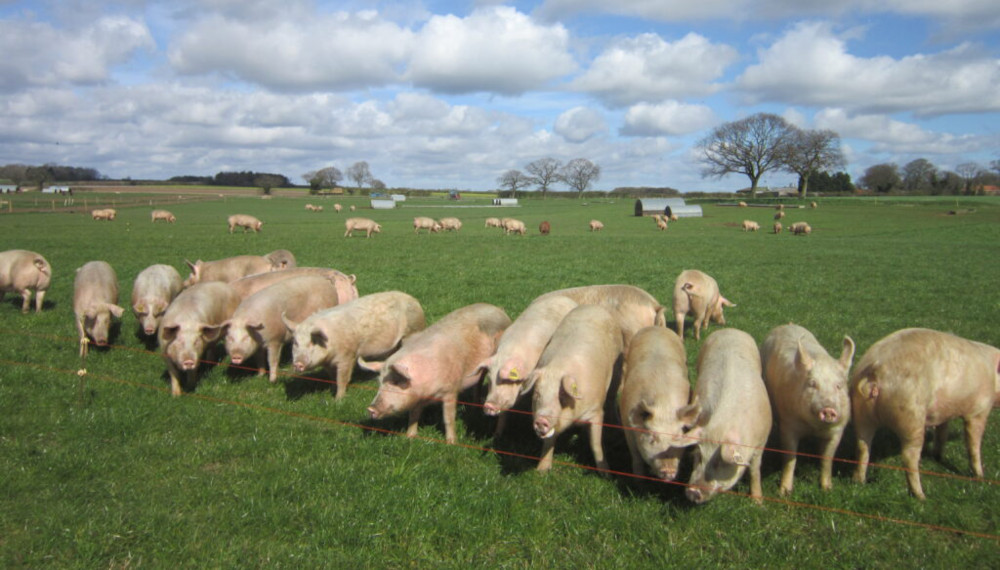A pilot study by the Agriculture and Horticulture Development Board (AHDB) will aim to individually determine the net carbon footprint on up to 170 farms across the UK.
Supported by Quality Meat Scotland (QMS) and AHDB funding of £2.5m, the long-term vision is to create a standardised nationwide data set across livestock and arable sectors.
The study will focus on measuring the net carbon position of farm businesses, including carbon sequestration potential.
See also: ‘Momentous’ new Veterinary Medicine Regulations come into force today
On-farm activities include aerial LIDAR (light ranging and detection) to assess above ground carbon stocks and water run-off, and analyses of field soil carbon levels and soil.
These datasets will allow the industry to move away from relying on national and international averages. The pilot will also aim to show agriculture’s ability to deliver public benefits such as improving water quality and reducing greenhouse gases.
AHDB chief executive Graham Wilkinson said the positive impact of agriculture is sometimes lost due to a lack of data.
“We all know that agriculture has a critical role to play in achieving Government targets, however, the picture is often more complex because of our role in not only producing greenhouse gasses but our ability to store and sequester carbon across the whole farming system,” he said.
“This project is not just about measuring carbon or soils, it is a transition to informed action. AHDB is bringing the industry together on this mission and has committed to investing significant levy funds to lead this baselining pilot.”
In Scotland, the pilot will be a collaboration between AHDB and QMS, who are investing £375,000 to support participating beef, sheep and pig farmers.
Sarah Millar, CEO of QMS said: “Through this pioneering baselining project, we have a unique opportunity to showcase tangible evidence of what we already know: that Scotch Beef, Scotch Lamb and Specially Selected Pork actively contribute to landscape preservation and carbon sequestration as well as food production.
AHDB say their ambition is to get baselining rolled out in every country, and to use the technology to eventually push the limits of remote monitoring from satellites.
Recruitment processes are underway, and more information can be found here.




